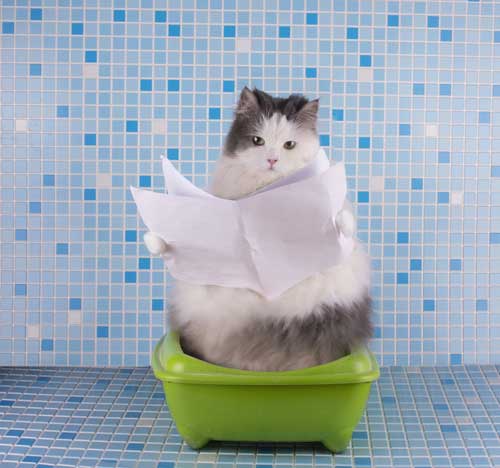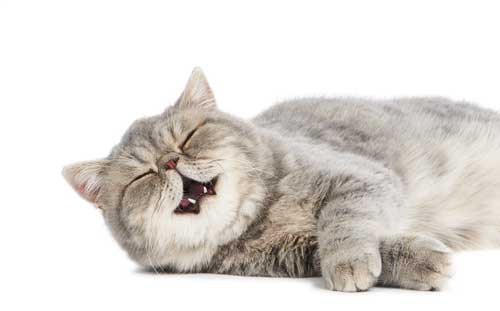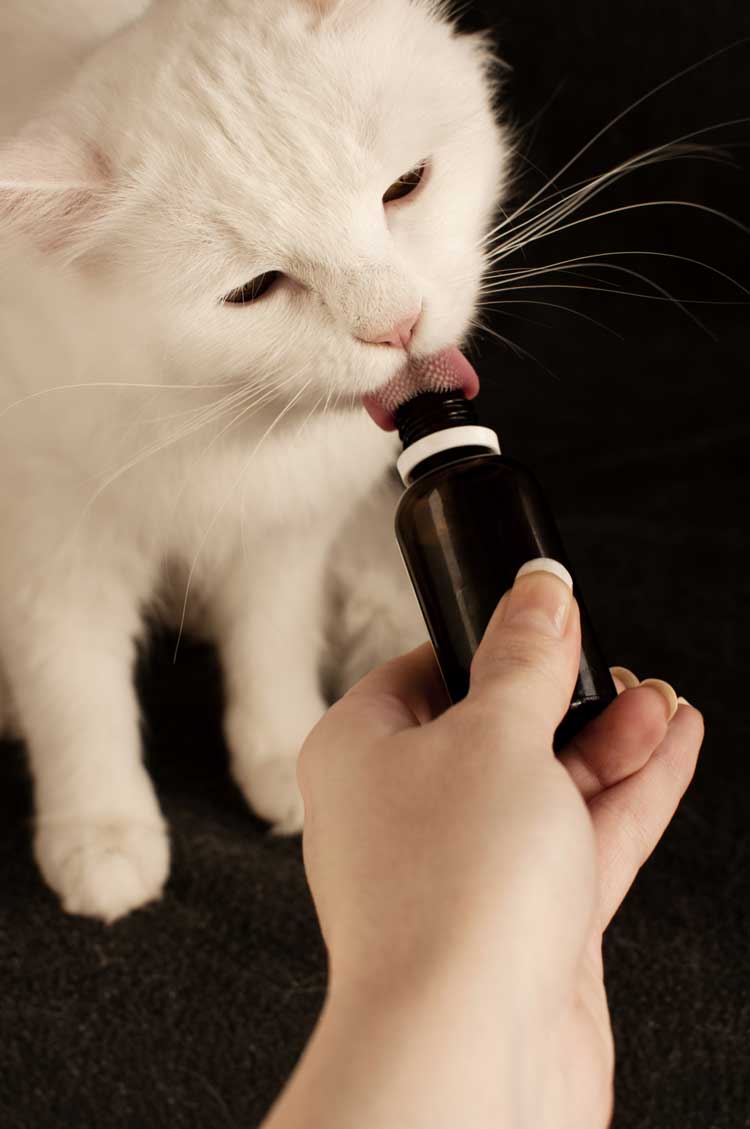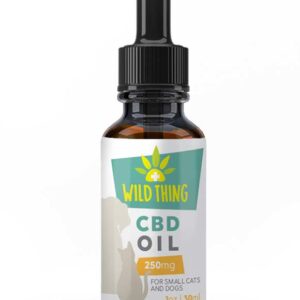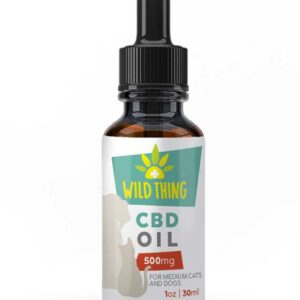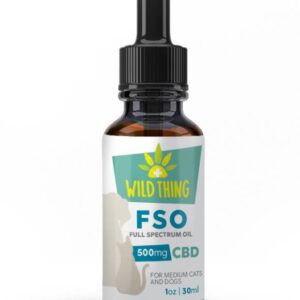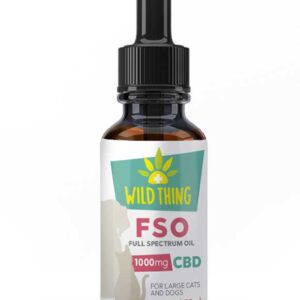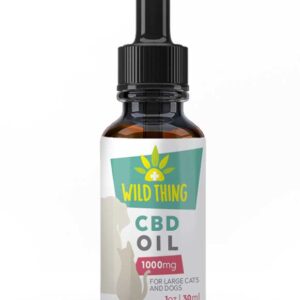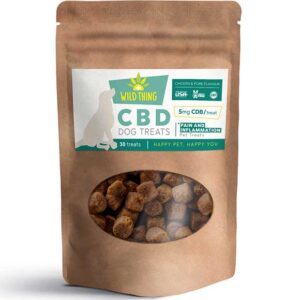Felines can be picky eaters, and they often have no qualms about letting you know when they’re “unsatisfied” with their meals. But can you sense the difference between a stubborn feline-food-snob and a cat suffering from digestion problems?
Cats are very similar, but very different. They’re the pet-paradox in many peoples’ lives: smart, but sassy; loving, but violent; calm, but high-maintenance. The same balancing act can be said to be true for their diets. Some cats love their food and have stable appetites, whereas others will knock their dish off the counter and watch you pick it up piece-by-piece. Have you ever wondered why your cat could be in such a fowl mood with regards to their food?
The majority of felines, like their human counterparts, will suffer from digestive problems and GI disorders in their lifetime (70-80% of all cats). So what causes such widespread digestive issues?
Ailment Guides:
Panic Attacks In Dogs
Feline Dermatitis
Arthritis In Cats
Feline Digestion
What causes digestion issues in cats?
From meowing in pain, to an inability to stay still, or an episode of constipation, your cat can suffer great discomfort and pain when digestive problems arise. The main reasons digestive issues occur relates to the body’s ability (or inability) to intake, process and extricate food.
If any part of their gastrointestinal system becomes inflamed, infected or shuts down then the entire process of absorbing nutrients from food to passing feces can become an internal mess.
The good news for digestive conditions is that they’re usually short-term and quickly respond to treatment.
The major causes of digestive issues in cats:
-
Infection
-
Parasites
-
Inflammation
-
Allergies
-
Spoiled Food
-
Metabolic disorders
-
Stress, anxiety
-
Poor diet
-
Tumors
-
Trauma, injury to abdomen area
Symptoms of Feline Digestive Problems
One of the most notable signs of digestive issues is also a symptom of the condition itself: change in appetite. Sudden loss of appetite or sharp increase in how much/what your cat is eating is usually the first sign that something is out of flux in your cat’s stomach & intestines.
Other common symptoms include:
- Dehydration
- Weight loss
- Excess saliva/drooling
- Shabby coat
- Dry, irritated skin
- Vomiting
- Diarrhea
- Pain in the gut, abdomen, chest or hips
Once you have begun a treatment pay close attention to your cat. If their condition does not improve, return to your vet.
Why CBD can be an effective treatment for your cat’s digestive issues
CBD – or Cannabidiol – can be an effective remedy for upset stomachs and digestive conditions.

